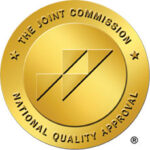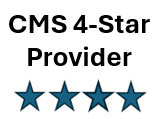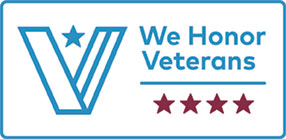
Since 1980, Samaritan has been the leading the way in providing our neighbors in Camden, Gloucester, Burlington, Mercer, and Atlantic Counties with compassionate care and help for every stage of serious illness and aging. Each year, we help over 12,500 patients, clients, and their families live their best lives every day. Samaritan is proud to be an independent, not-for-profit provider and one of the nation’s first hospices.
Call now for more information or for an assessment
Available 24/7 (856) 596-1600
Philosophy of Care
Samaritan approaches each person and family in our care with reverence for the sacredness of life, while developing and sustaining a relationship that is serving, trusting, authentic and caring.
Samaritan is the region’s pre–eminent provider of life-enhancing care at home. Proudly not-for-profit since 1980.




If you’d like to make a referral or speak to our Care Team, call us or click the REFER NOW button to start care now.
Contact us today
(856) 596-1600